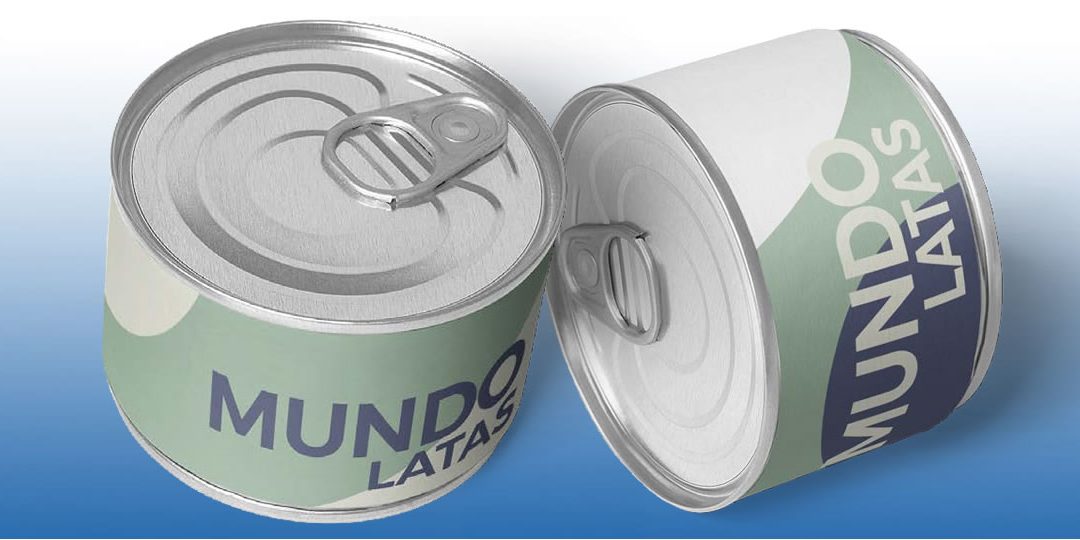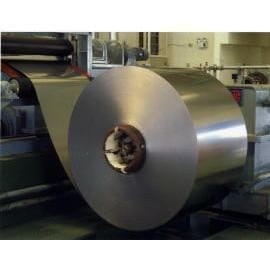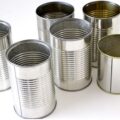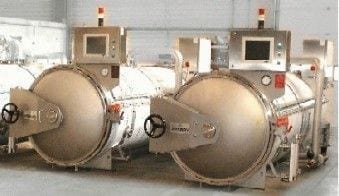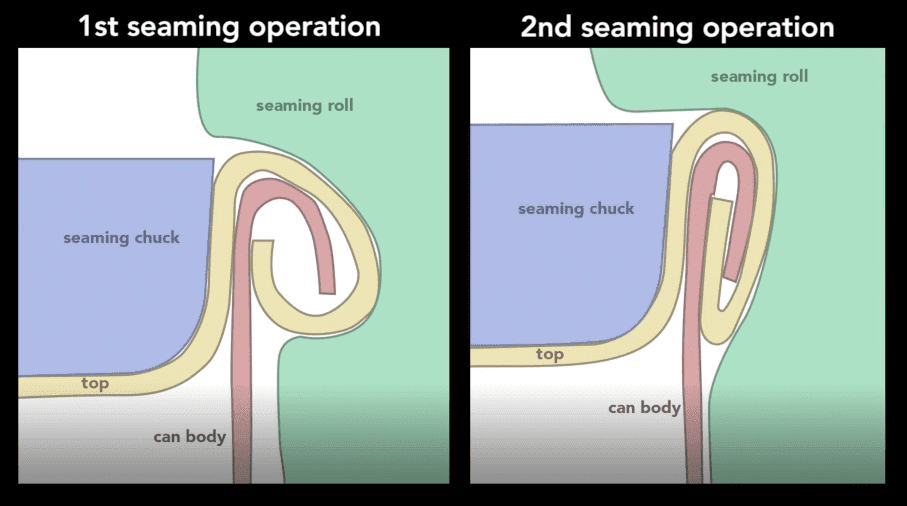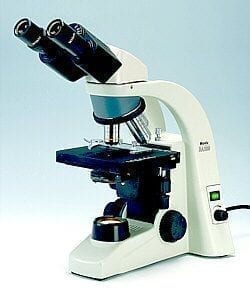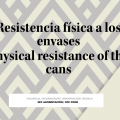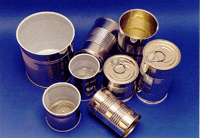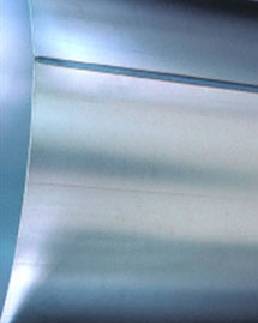The radial strength of a container is its ability to withstand external loads without permanent deformation of its shape. In other words, it is the amount of pressure in bar that a container can withstand without paneling or imploding, which means that the container body deforms and forms a more or less flat or sunken part over the normal profile of the container body.
Radial resistance is an important property of metal containers, since they must be able to withstand the pressure generated during the sterilization process, as well as the external loads to which they may be exposed during handling, storage and transport. Radial resistance is measured in kilograms per square centimeter (Kgrs/cm2) and depends on several factors, such as the diameter of the container, the thickness of the material used in its manufacture, the design of the container body and the presence of boarding.
Radial strength is assessed by subjecting the container to progressive external pressure in an airtight chamber until permanent deformation occurs, which is easily detected by a drop in external pressure and a characteristic sound. In automatic equipment, the process stops automatically, while in home equipment, you must be aware of the noise and shut off the air immediately.
In summary, radial strength is an important property of metal containers used to evaluate their ability to withstand external loads without permanent deformation of their shape, and is measured in kilograms per square centimeter.

